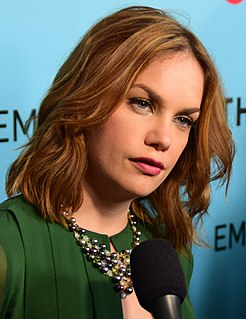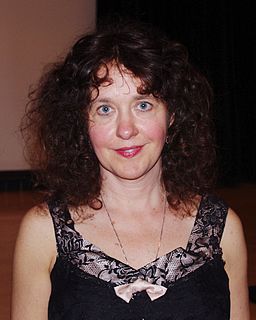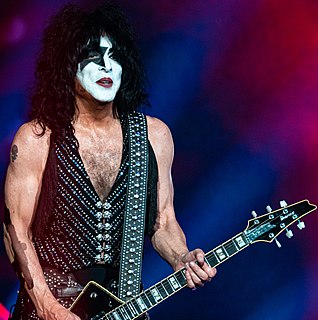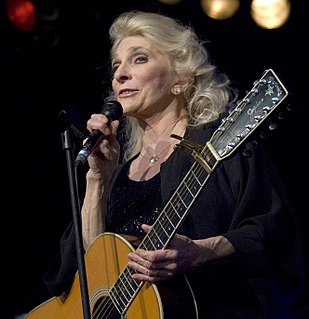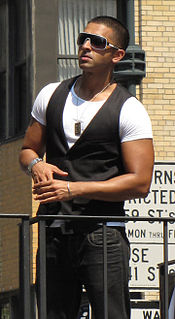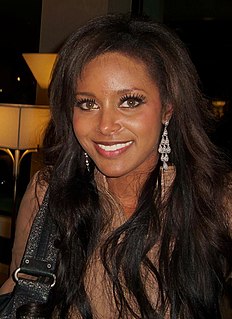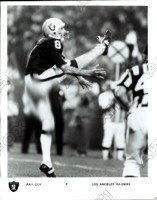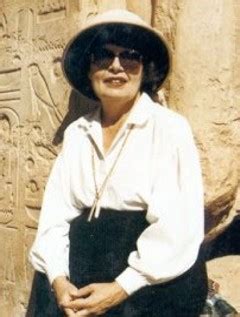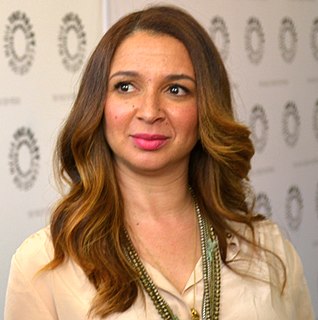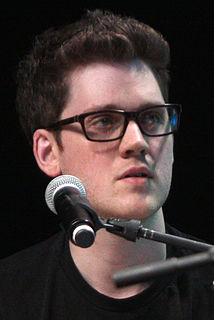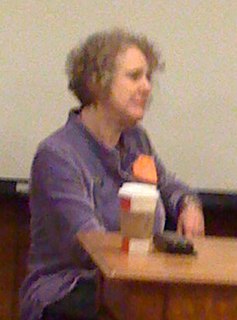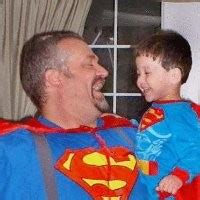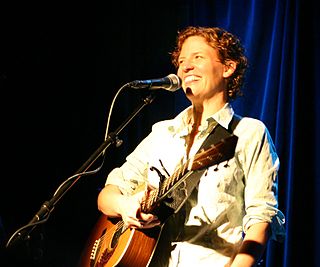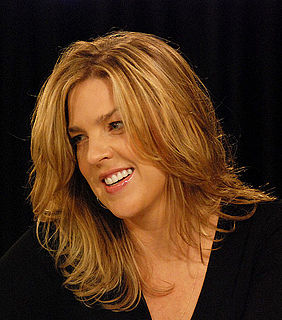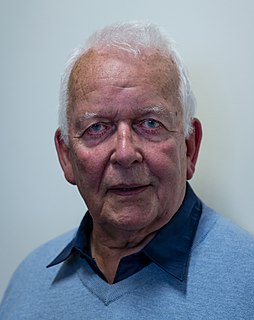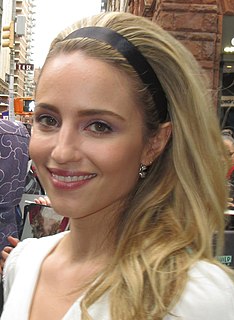Top 1200 Writing For Yourself Quotes & Sayings - Page 3
Explore popular Writing For Yourself quotes.
Last updated on April 19, 2025.
I consider myself to be an inept pianist, a bad singer, and a merely competent songwriter. ... I'm probably writing music now for the same reason as I started writing songs when I was 14-to meet women. ... If you make music for the human needs you have within yourself, then you do it for all humans who need the same things. You enrich humanity with the profound expression of these feelings. ... My songs are like my kids.
You become a writer on a television show, and you see yourself doing bigger and better things, you don't wait till they tell you, "Here's the way to do bigger and better things," you start writing. You start writing that material that you might be doing off to the side. Nobody's going to be paying you for that, but it could turn into something big.
Writing is really just a matter of writing a lot, writing consistently and having faith that you'll continue to get better and better. Sometimes, people think that if they don't display great talent and have some success right away, they won't succeed. But writing is about struggling through and learning and finding out what it is about writing itself that you really love.
Once you have established yourself as a center of love and kindness radiating throughout your being, which amounts to a cradling of yourself in loving kindness and acceptance, you can dwell here indefinitely, drinking at this fount, bathing it in, renewing yourself, nourishing yourself, enlivening yourself. This can be a profoundly healing practice for body and soul.
Writing for adults and writing for young people is really not that different. As a reporter, I have always tried to write as clearly and simply as possible. I like clean, unadorned writing. So writing for a younger audience was largely an exercise in making my prose even more clear and direct, and in avoiding complicated digressions.
Recipe for success: Be polite, prepare yourself for whatever you are asked to do, keep yourself tidy, be cheerful, don't be envious, be honest with yourself so you will be honest with others, be helpful, interest yourself in your job, don't pity yourself, be quick to praise, be loyal to your friends, avoid prejudices, be independent, interest yourself in politics, and read the newspapers.
You honor your writing space by recovering, if you are an addict. You honor your writing space by becoming an anxiety expert, a real pro at mindfulness and personal calming. You honor your writing space by affirming that you matter, that your writing life matters, and that your current writing project matters. You honor your writing space by entering it with this mantra: “I am ready to work.” You enter, grow quiet, and vanish into your writing.
You learn so much with each book, but it's what you teach yourself by writing your own books and by reading good books written by other people - that's the key. You don't want to worry too much about other people's responses to your work, not during the writing and not after. You just need to read and write, and keep going.
The difference between writing where you know where to draw the line and writing where you're being way too mean is whether you can tell that the writer is not talking to family or friends anymore. Generally, if you say something bad about somebody on stage, you need to say two bad things about yourself. A lot of times, I think I'm the worst person in the room.
Whether you're acting or you're writing, your skin is just basically ripped off and you're putting yourself out there. At least the acting part comes with a bit more social interaction. And you're a bit less isolated because you are working with the director and the crew, and there's a general camaraderie. Writing, you're totally isolated. You're just trying to get the words on paper.
On the craft level, writing for children is not so different from writing for adults. You still have to have a story that moves forward. You still have to have the tools of the trade down. The difference arises in the knowledge of who you're writing for. This isn't necessary true of writing for adults.
Writing original songs is much, much harder (I think) because you only have yourself to conjure up EVERY single moment a listener is going to hear. It's a craft that goes directly from your brain to their ears. You can never be sure that what you're writing is gonna be good enough to keep a listener engaged and truly experience something. It's a shot in the dark.
Forgive yourself for not being the richest, the thinnest, the tallest, the one with the best hair. Forgive yourself for not being the most successful, the cutest or the one with the fastest time. Forgive yourself for not winning every round. Forgive yourself for being afraid. But don’t let yourself off the hook, never forgive yourself, for not caring or not trying.
The process of writing a novel is like taking a journey by boat. You have to continually set yourself on course. If you get distracted or allow yourself to drift, you will never make it to the destination. It's not like highly defined train tracks or a highway; this is a path that you are creating discovering. The journey is your narrative. Keep to it and there will be a tale told.





